Discussing the new Snapchat miniseries Jaden’s “The Solution Committee”
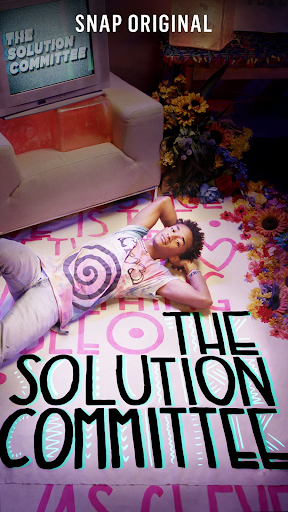
On Sep. 21, Snapchat came out with an unscripted series called ‘The Solution Committee’ launched by Jaden Smith.
Discussing the new Snapchat miniseries Jaden’s ‘The Solution Committee’
On Sept. 21, just one day before National Voter Registration Day, Snapchat came out with an original, unscripted series called “The Solution Committee,” which was launched by the actor, rapper, singer and songwriter Jaden Smith. This eight episode series focuses on current injustices and empowers young voters to act. Smith wrote on Instagram that “Historically people between the ages of 18-23 have been less likely to vote. This is because a lot of young people feel like they don’t have the information or know where to get it.” This was the main reason Smith wanted to start this series. He is joined by multiple celebrities and young activists to talk about a specific topic that is announced at the beginning of each episode. At the end of every episode, there is a chance to swipe on the screen which will take you to voting registration.
Episode One: The topic discussed is voter registration. Smith stated that there are 15 million new voters who turned 18 in the US, but getting to the polls is not as easy due to coronavirus, a compromised US postal service and voter suppression. Smith was joined by Justin and Hailey Bieber at the beginning of the episode, and the couple talked about the importance of the upcoming election and why an individual’s vote does matter. Later in the episode, Smith was joined by teenage activist Gabe Fleisher, who runs a political newsletter titled Wake Up to Politics. Fleisher discussed the many difficulties voters are facing this year, including voter suppression and voting by mail.
Episode Two: The topic discussed is the power of voting. In this episode, Smith was joined by Yara Shahidi, who is the founder of the website “WeVoteNext”. Shahidi stated “what we care about aligns with the ballot.” Smith later welcomed Winter Breeanne, a young activist who started an organization called “Black is Lit.” Breeane made the point that many people have spoken up and started movements when they were very young, such as John Lewis and Martin Luther King Jr.- which proves that young people can make a difference. They make the statement that the country has to represent everyone, so by voting, people are being a part of that representation.
Episode Three: This episode discusses the power of a person’s voice. Smith was joined by Lena Waithe, who is a screenwriter and actress. Waithe stated that “making a change can be kind of scary and difficult, but you don’t have to change the world, you can make a difference in your own neighborhood and circle.” Smith welcomed Janaya Future Khan who is a co-founder of BLM Canada. Khan talking about protesting said that “when we are alone, we are voiceless but when we are united together we are mighty and able to get our voices heard.”
Episode Four: The fourth episode discusses education. Smith invited his sister Willow Smith who is a singer, actress, dancer, and rapper to speak. Willow Smith made the point that “There is not enough representation in the books that the kids are reading at school. The kids reading these kinds of books are people from all different kinds of places and by having this representation many young people will stand up and speak up for themselves.” The Smiths welcomed Marley Diaz, who is an education access activist, author, and founder of “1000 Black Girl Books.” Diaz discussed why it is important to have diversity in books and the kind of effect it can have on a person when they are not represented by books at school. Diaz made the point that “The stories of black girls aren’t being put into schools and diverse stories are not prioritized in schools.”
Episode Five: This episode discussed the movement Say Their Names and brought awareness to the many black people who were killed or injured by the police. Smith welcomed Tay Anderson, an activist and the youngest elected black official onto the show. Anderson was injured by the police when he got pushed to the ground, slamming his head on the ground which ended up in him having a concussion when he protested with other homeless activists. From this, Anderson realized that “people have not been learning anything and that we are still at square one.” Rapper, actor, activist Common joined the call and discussed how he felt from the recent deaths of black people.
Episode Six: The topic discussed was criminal justice reform. Smith made the point that black and brown people make up 37% of the population but 67% of prisons. Smith welcomed Brea Baker who is a racial and gender justice activist onto the show. Baker discussed how she got into criminal justice reform and why voting is important for this. Smith was later joined by comedian, writer, actress, and co-host of “2 Dope Queens” Phoebe Robinson. Robinson gave advice to young people who are just getting into activism by saying “get more politically active, show up and vote, we can do something powerful.”
Episode Seven: This next episode talked about brown and black climate change. Bella Hadid joined the beginning of this episode to discuss why it is important to participate in this election by voting. Smith was also joined by Isra Hirsi who co-founded the U.S Youth Climate Strike. Hirsi discussed what environmental racism is, and she included a few examples such as poor air quality in black neighborhoods and pipelines going through indigenous peoples’ reservations. The last guest who joined this episode is Xiye Bastida, a Mexican-Chilean climate activist. Bastida talked about how environmental issues intersect with black, brown and indigenous rights issues.
Episode Eight: The eighth episode explored systemic racism. At the beginning of the episode, Smith was joined by Janelle Monae. Monae talked about how she has been feeling since the deaths of many black people and how it has affected her. She brings up the notion that racism exists because we usually take on the views of the people around us. To discuss America’s problem with race, Smith brought in the co-founder of the Center for Policing Equity, Dr. Phillip Atiba Goff. Goff talked about systemic racism, which involves stereotyping, prejudice, bigotry and discrimination. “All racism is systemic, but you have to differentiate between individual racism and racism that happens through generations with the power of the state and corporations behind it.”
If you want to participate in this election and vote, you can register to vote now at vote.org
Your donation will support the student journalists of Neuqua Valley High School. Your contribution will allow us to print our next newspaper edition as well as help us purchase equipment and cover our annual website hosting costs.


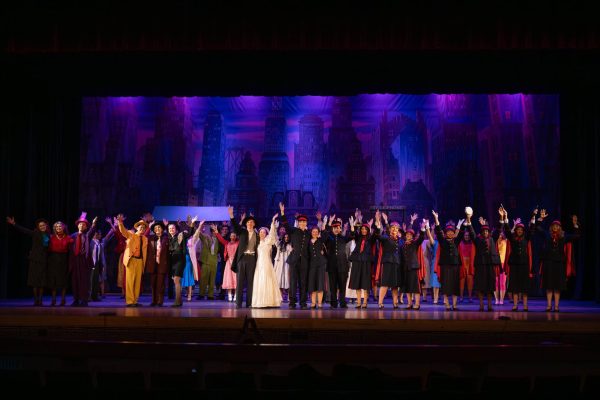
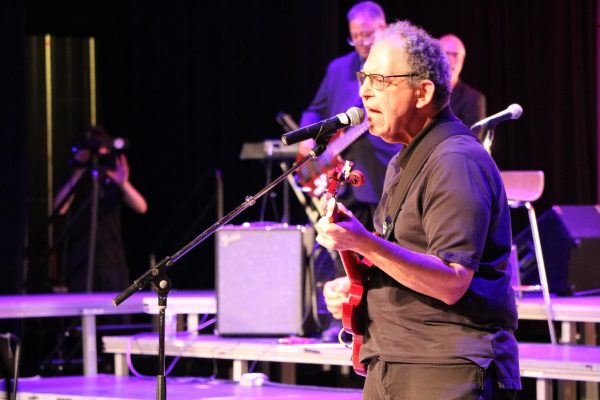
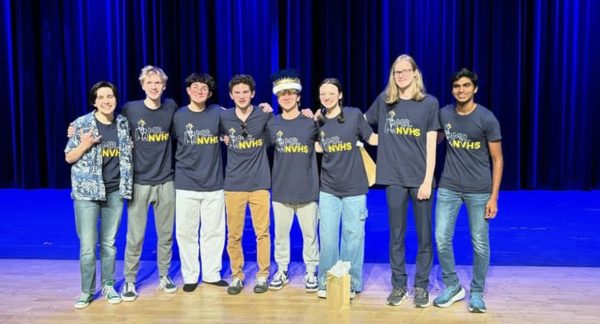
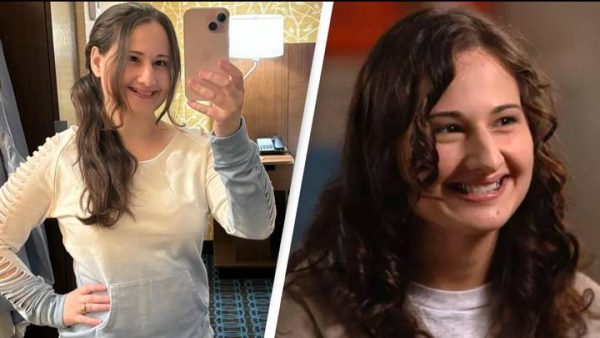
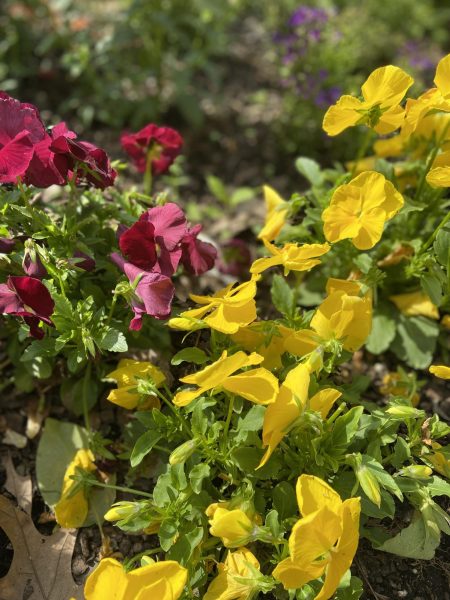
Abby MMS • Oct 21, 2020 at 1:52 pm
This is interesting– I wonder how effective this will be at reaching people compared to other methods